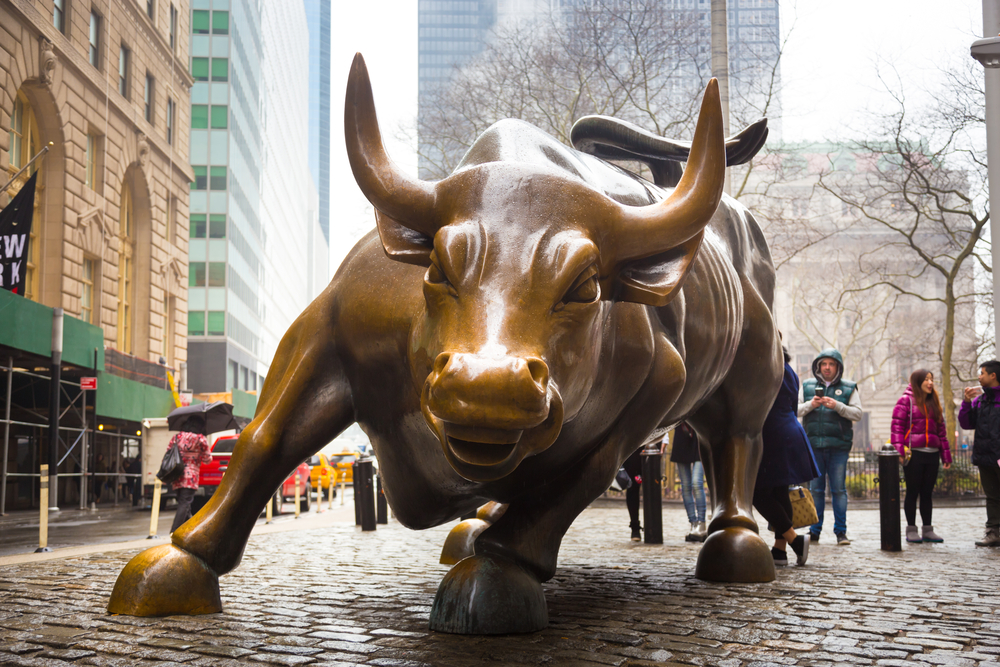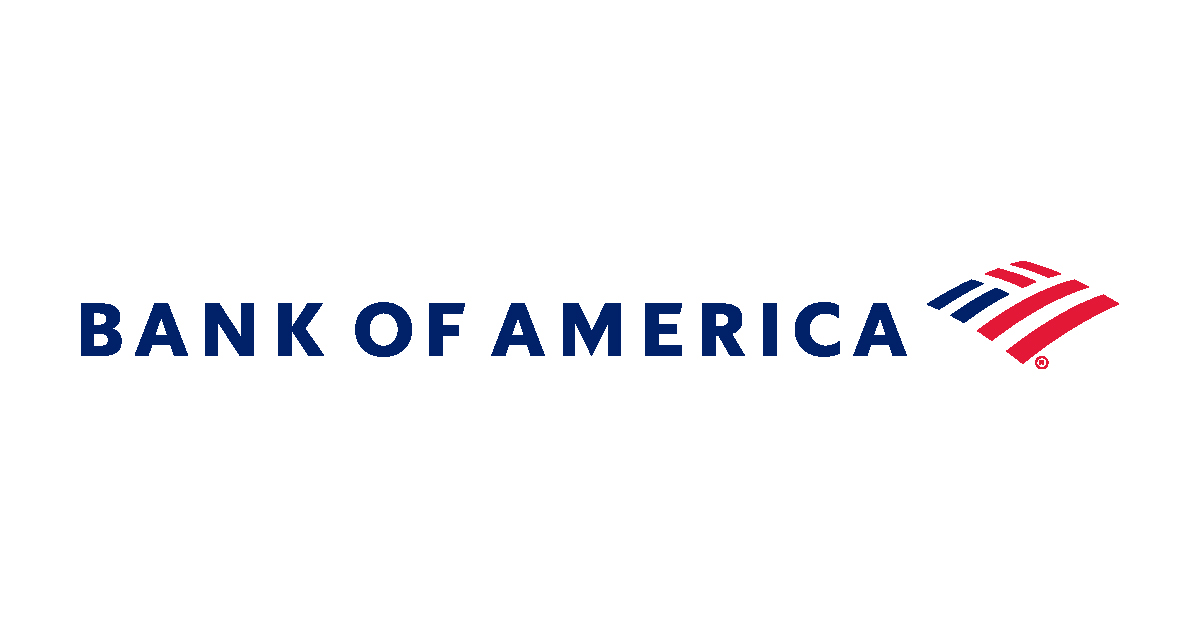Fund selectors have cut cash levels as they turn the most bullish on global growth in two years, Bank of America's (BofA) latest fund manager survey has found.
Cash was cut from 4.8% to 4.2% as investors continue to go all-in on US tech in anticipation of central banks cutting interest rates sooner rather than later, an optimism that was somewhat marred by US inflation figures coming in higher than expected on Tuesday.
It is the first time since April 2022 that a majority of investors are not anticipating a recession, with 65% predicting a soft landing, 19% a no landing and 11% a hard landing, according to the survey of 249 fund selectors with $656bn assets under management (AUM).
The optimism has led to the ‘magnificent seven’ becoming the most crowded trade since the long US dollar trade in October 2022, according to BofA, with 61% of respondents noting exposure to the US mega-cap tech stocks as the most popular allocation.
This was followed by short Chinese equities (25%) and long Japanese equities (4%).
Highlighting this, European investors have poured $7.4bn into US equities ETFs this year, according to Bloomberg Intelligence, with the S&P 500 reaching 5,000 points for the first time last week.
The iShares Core S&P 500 UCITS ETF (CSPX) attracted $2.6bn inflows January while the SPDR S&P 500 UCITS ETF (SPY5) pulled in $922m and the Vanguard S&P 500 UCITS ETF (VUSA) recorded $620m net new assets.
The risk on mantra has been fuelled optimism around lower interest rates. Just 4% of respondents expect higher short-term rates while 7% expect higher inflation.
Furthermore, 85% of respondents expect the yield curve to steepen.
However, with CPI inflation coming in at 3.1% in January, below the 3.4% recorded in December but ahead of the consensus expectations of 2.9%, investors might have to wait longer for the Federal Reserve to start its rate-cutting cycle.
Rob Clarry, investment strategist at Evelyn Partners, said: “With the Federal Reserve currently deciding monetary policy based on the incoming data, it looks like this print will push back the timeline for interest rate cuts.
“It comes on the back of stronger-than-expected economic growth, a big upside surprise from the January US jobs report, and resilient wage growth.”
Traders are now expecting around four rate cuts in 2024 – down from six – with a 30% chance the first cut will take place in May, down from 85% in December.
The S&P 500 opened 1.4% down at opening while 10-year bond yields spiked 12 basis points to 4.27%, their highest point since the end of November 2023.
Higher inflation was also seen as the biggest risk to the global economy, among 27% of fund managers surveyed, followed by geopolitics (24%) and a systemic credit event (16%).




